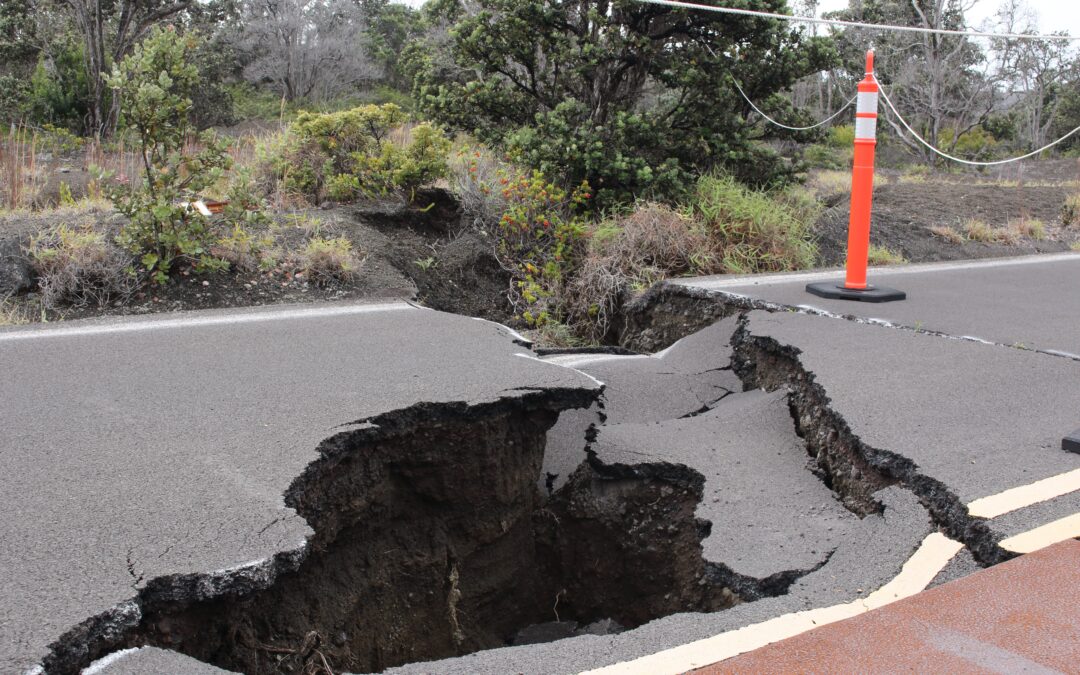Should I have an earthquake seismic valve installed in my house?
If you’ve been pondering this question, you’re in the right place.
Imagine this – you are sitting comfortably in your living room when suddenly the earth gives a tremendous shake beneath your feet. Glasses clink against each other in your cupboards, picture frames rattle on the walls, and your dog starts barking at an unseen predator. It’s an earthquake.
Anyone who has lived in a seismic zone knows that earthquakes can range from barely detectable shivers to high-magnitude jolts that have the potential to cause serious damage. It’s not just about the shaking; it’s about the serious repercussions that can follow, impacting your home’s safety.
This brings us to an important question for homeowners: Could a seismic valve be your first line of defense against the damaging effects of an earthquake? It’s a big decision, and one that requires a deep understanding of the benefits and implications. Let’s delve deeper to find an answer.
Understanding the Earthquake Seismic Valve
What is it?
Before anything else, it is essential to understand what an earthquake seismic valve is. In simple terms, it is a safety device installed on your gas line that automatically shuts off the gas supply when it detects seismic activity, protecting your home from potential gas leaks and fires that can follow an earthquake.
How Does it Work?
These devices are tuned to respond to the violent shaking typical in earthquakes, closing the valve and cutting off the gas supply. This instant response safeguards your home from one of the most dangerous and common post-earthquake hazards – gas leaks and subsequent fires.
The Pertinent Question: Do You Need One?
Geography Matters
Are you living in an area prone to seismic activities? If yes, having a seismic valve becomes not just a good-to-have feature, but a necessity – and depending where you are, it might be mandated by law.
California, being one of the states most prone to seismic activity, has various municipalities that have mandated the installation of seismic valves. This is also true for many other locations in the Pacific Northwest, which are along the same fault line.
Safety Above All
Beyond geography, it is about creating a safe haven for you and your family. With a seismic valve installed, you add a layer of safety, giving you peace of mind even when the ground beneath you is in turmoil.
Examining the Pros and Cons
The Pros
- Safety: The most obvious benefit is enhanced safety. Prevent gas leaks and the potential for fires, thereby safeguarding your life and property.
- Insurance Benefits: Some insurance companies offer discounts on home insurance premiums when you have a seismic valve installed.
- Resale Value: Having a seismic valve can potentially increase your home’s resale value, showcasing your home as not just beautiful but safe and secure.
The Cons
- Cost: Installing a seismic valve comes with a cost. However, when you weigh it against the potential safety it grants, many find it a worthwhile investment.
- Maintenance: Like any device, it requires periodic maintenance to ensure it operates correctly during an emergency.
- False Alarms: There could be instances of the valve shutting off due to non-seismic activities, like heavy traffic or construction work. It’s important to be prepared for such situations, at times letting people who are visiting your property know that you have a seismic valve on your gas meter can avert any false alarms.
Your Path to a Safer Home
What to Look for in a Seismic Valve?
As you contemplate making this important safety addition to your home, ensure to choose a valve that meets the necessary industry standards and certifications. It should be responsive, reliable, and have good reviews from users.
Installation Process
It is highly recommended to have a professional undertake the installation process. It involves dealing with the gas line, and safety should never be compromised.
Making the Decision: A Nudge Towards Safety
As we come to the end of our detailed exploration, the pertinent question still remains – should you have a seismic valve installed in your home? By now, you have walked through the lanes of understanding what a seismic valve is, how it works, its pros, and cons, and have even dipped your toes in real-life instances showcasing its importance.
Imagine a future where you can tell tales of how a small yet potent device stood guard, protecting your home and loved ones from potential hazards. A future where the anxiety of living in a seismic zone is slightly alleviated, thanks to the wise decision of installing a seismic valve.
The Final Call to Action: Your Safety, Our Priority
Your home is not just a structure; it is a space brimming with dreams, laughter, and countless cherished moments. It is a place where safety should never be a question mark. And while we cannot control natural calamities, we can certainly equip ourselves better, ensuring a robust line of defense against the adversities they bring along.
As you contemplate this significant step towards enhancing your home’s safety, remember that expert guidance and service are pivotal. This is where Landa Plumbing comes into play, promising not just a service but a commitment towards your safety. With a rich legacy of ensuring safety and satisfaction, opting for Landa Plumbing services would mean placing your trust in hands that value your peace of mind as much as you do.
Embrace safety, embrace peace of mind. Contact Landa Plumbing today to take your first step towards a safer, secure, and serene home, safeguarded with the protective shield of an earthquake seismic valve, a guardian standing tall between you and potential post-earthquake hazards. Don’t wait for the earth to shake to make your move; act now, for safety waits for none.

